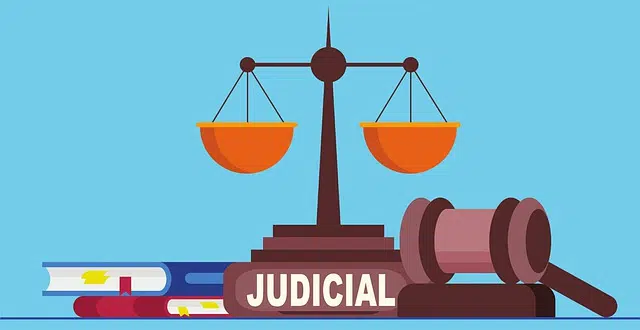
The discretion of a transportation service arises when the company has no obligation to comply with specific itineraries and schedules.
Discretion is the quality of discretion . This adjective refers to what is done freely, to the power of government in functions that are not regulated and to the transportation service that is not subject to regularity commitments.
Discretion, therefore, can be associated with the action that is left to the discretion of a person , an organization or an authority that is empowered to regulate it. For example: "The distribution of funds is at the discretion of the government, when it is Congress that should decide how to grant them" , "The president once again demonstrated that he makes the most important decisions according to his discretion, without consulting any minister" , " "People's living conditions cannot depend on the discretion of an official," "The opposition expressed its criticism of the discretion in the formation of commissions."
Discretion of a service
A discretionary service is a public service that is regulated according to the needs of the users and the company that provides it. The most common use of this notion is linked to transportation , when it is not obliged to comply with parameters of regularity, schedules, itineraries, etc.: "We are a company dedicated to discretionary transportation based on seasonal demand," "I want to find out if "There is some type of discretionary service that makes door-to-door trips."
Discretionary transportation , therefore, differs from regular transportation, which is subject to a pre-established itinerary, frequency and schedule. A public bus (which in some countries is known as a bus, bus or collective, among other names) must follow a pre-established circuit and arrive at the stops corresponding to certain times.

It is important not to confuse discretion with arbitrariness.
The term in public administration
According to the paradigm of the constitutional order , it is correct to affirm that public power must be exercised within a strict framework of principles and norms that derive from the legislature in force, for which there is no official or public activity that acts with complete freedom in the exercise their functions, but must adhere to the rules expressed in their respective regulations.
On the other hand, given that public administration carries out many activities that, in turn, change over time, its limits are not always precisely defined by laws and, for that reason, the legal system provides two types of power to the administration, which are the following:
* regulated power : it is that whose rules are duly indicated by public order, which means that the Law determines which authority should proceed in each case, and in what way it should do so, without leaving room for any type of subjectivity on the part of the same;
* discretionary power : provides a certain margin of freedom for the authority, having slightly subjectively assessed a situation, to decide how to exercise its powers in a specific case. It goes without saying that said freedom does not exceed the limits of the Law, but rather responds to the principles that it has established and must always be used to act in favor of it.
It is worth mentioning that, although at first glance both types of power seem opposite, they are not; The discretionary power must respond to certain fundamental elements, which are: its own existence; its exercise in a well-defined framework; the competence of a certain body; its objectives, which must always revolve around the achievement of public purposes.
Finally, the concept of discretion should not be confused with that of arbitrariness, since they are two opposite categories. The first represents a certain degree of freedom within a series of possibilities established by the Law, and using responsible and informed criteria . On the contrary, arbitrary acts are associated with whims typical of the abuse of power, which go against constitutional principles.
